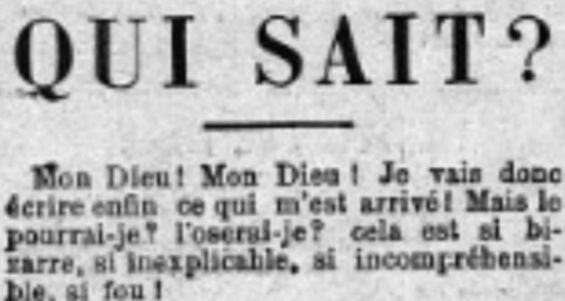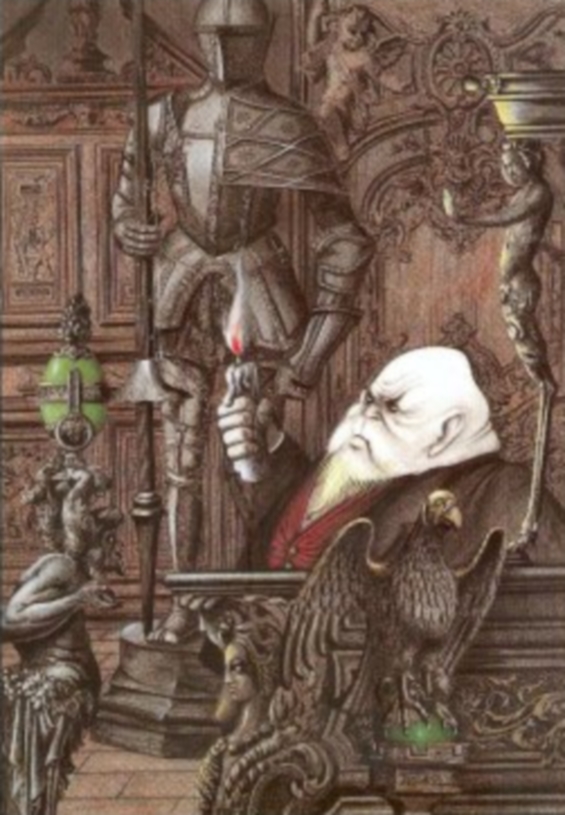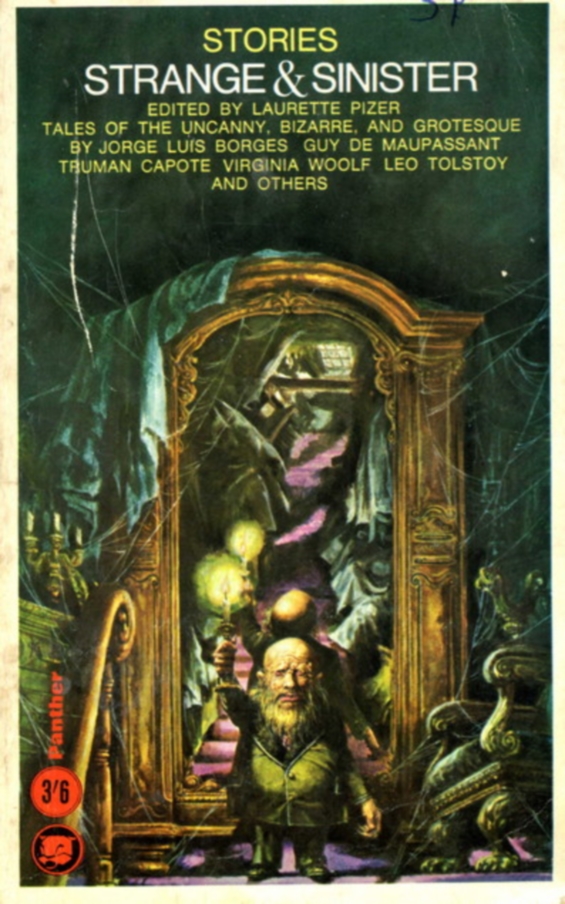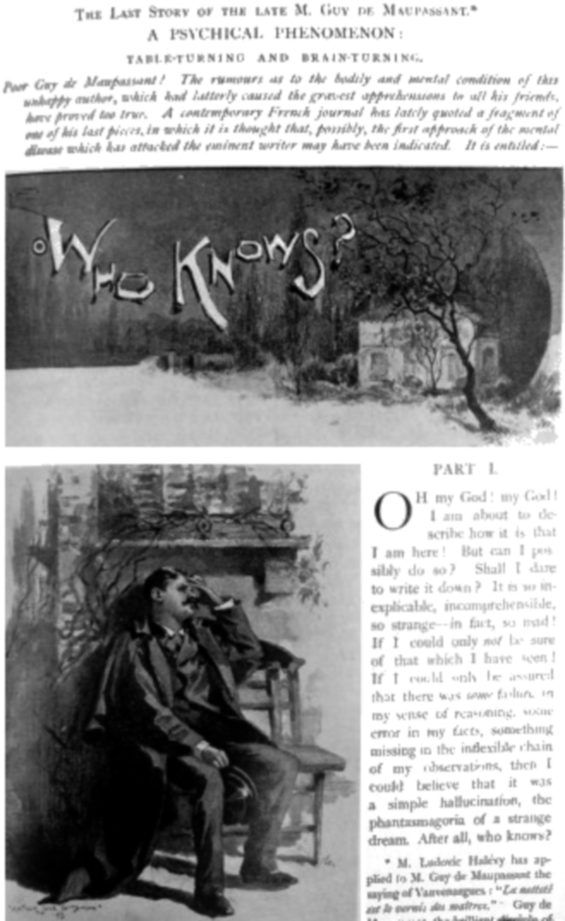
 Aftermath (The Supernova Alpha Series #1)
Aftermath (The Supernova Alpha Series #1)
By Charles Sheffield; Read by Gary Dikeos
Publisher: Blackstone Audio
Publication Date: 1 February 2013
[UNABRIDGED] – 19.8 hours
Themes: / supernova / catastrophe / EMP / cults / cancer patients / Mars /
Publisher summary:
It’s 2026, and catastrophe has struck from an unexpected source. The Alpha Centauri supernova has risen like a second sun, rushing Earth toward its last summer. Floods, fires, starvation, and disease paralyze the planet. In a blue aurora flash of gamma rays, all microchips worldwide are destroyed, leaving an already devastated Earth without communications, transportation, weaponry, or medicine.
The disaster sets three groups of survivors on separate quests. A militant cult seizes the opportunity to free their leader, known as the Eye of God, from the long-term coma to which a court sentenced her. Three cancer patients also search for a man in judicial sleep: the brilliant scientist—and monstrous criminal—who alone can continue the experimental treatment that keeps them alive. From a far greater distance come the survivors of the first manned Mars expedition, struggling homeward to a world that has changed far beyond their darkest fears. And standing at the crossroads is one man, US President Saul Steinmetz, who faces a crucial decision that will affect the fate of his own people—and the world.
Aftermath, the first in a rather ambitious post-disaster series by Charles Sheffield, follows multiple interwoven plot lines which follow characters from several walks of life after a supernova has wreaked havoc on Earth. Ever wanted to know what might happen to the President in a worldwide disaster situation? How about astronauts scheduled for re-entry or cancer patients undergoing experimental treatment or violent criminals awoken from a deep sleep? Well, you might be surprised by how boring the answers are.
This book is spectacularly average in every way. There are a plethora of characters, all equally shallow and generic in their own way, and none of who provide any sort of emotional grounding for the reader. President Steinmetz seems to be the least capable leader possible in the event of a national crisis since his primary concern is whether he should hook up with his ex-girlfriend or a sexy low-level white house worker. Cancer patients Art and Dana are just some average, down home, relatable folks who decide that releasing a psychopathic serial killer is completely acceptable as long as he can keep them alive for a few more years. Even the journal entries of the serial killer felt somewhat pedantic and boring. Sheffield makes an admirable attempt at providing ethnic, age and class variety in his characters but in the end, it’s pretty obvious they were all written by the same man.
Nevertheless, the plot keeps trucking along at a slow but steady pace. It’s overly long with lots of scientific jargon thrown in for good measure. However, it feels a lot like a watered down version of bigger and better apocalyptic literature (although if it leaves most of the government’s infrastructure in place, it’s not much of an apocalypse). Most of the plot lines lack a climax and the ending seems like it arrives at an arbitrary point but in all honesty, by that time I was just grateful this nearly 20 hour audiobook had an ending. Even an emergency astronaut landing and a crazed cult fail to make things more exciting.
Gary Dikeos matches the book in being a spectacularly average narrator. It’s certainly not inspired but, in spite of a particularly annoying voice for the president, it’s a serviceable reading. This is a book I would only recommend to hardcore post-apocalypse aficionados, since there are far better examples of the genre to keep everyone else occupied.
Posted by Rose D.
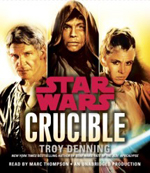 Crucible (Star Wars)
Crucible (Star Wars)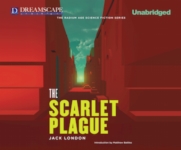
 The Wonderful Story of Henry Sugar and Six More
The Wonderful Story of Henry Sugar and Six More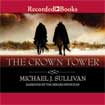 The Crown Tower (The Riyria Chronicles #1)
The Crown Tower (The Riyria Chronicles #1)

